A Commentary on Isaiah, Part 5: The Vineyard of Yahweh
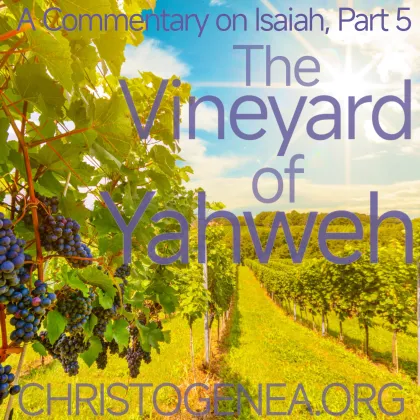
A Commentary on Isaiah, Part 5: The Vineyard of Yahweh
Here we shall continue our discussion of this second vision which had been recorded in the words of the prophet Isaiah, which runs through four chapters of the book, and now upon our coming to chapter 5 we are nearing its end. This chapter contains a rather brief song of a vineyard, and it is within this context that we should also consider the parable of the vineyard, as well as the parable of the vineyard workers, which are found in the Gospel of Christ. This song is a song of lamentation, accompanied with a message of a coming punishment. In the words of the later prophet Jeremiah, Yahweh further laments His vineyard, and then even later, Yahshua Christ makes an example of a portion of its history, however in His Gospel it is also evident that the lamentation shall ultimately turn to wrath, and that wrath is expressed in even stronger terms in His Revelation. In these messages it is fully evident that the vineyard is an allegory for the society of His people, in which the grapes are metaphors for the people themselves.
As we had discussed in Isaiah chapter 3, where the punishment of the people of Judah for their sins was first announced by the prophet, it is evident that the Patterns of Societal Collapse which had been described there are aspects of that punishment, and they had evidently already come upon Judah even before Isaiah had begun writing. They are the inevitable result of sin which would lead to the breakdown of society and its ultimate punishment. So in the course of the execution of that punishment, the great, wise and mighty men of the society would be neutralized, in one way or another. Then while the youth are magnified and the women caught up in feminism, they would all be humbled by the violence of their enemies. The men would end up dead, and the women, scarred with their own excess of debauchery, would be laid bare in the face of their enemies.

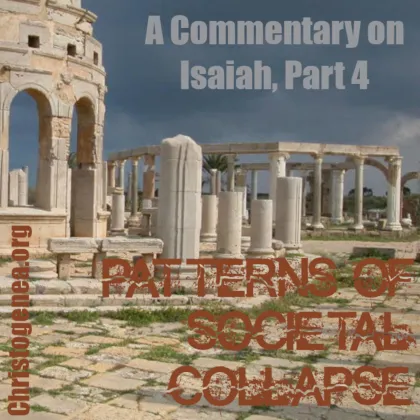
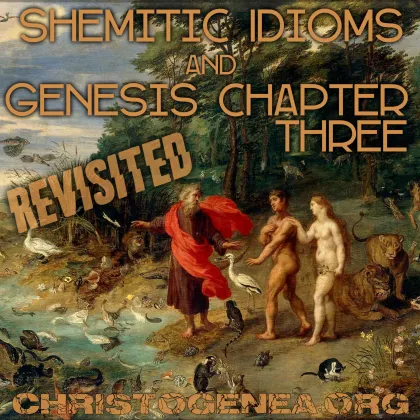
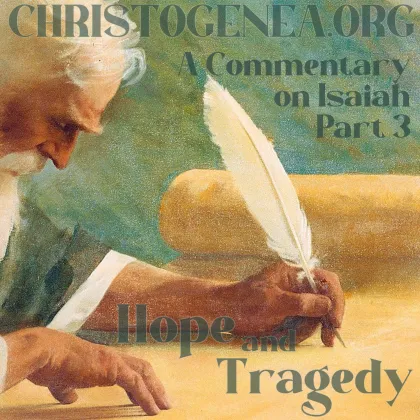
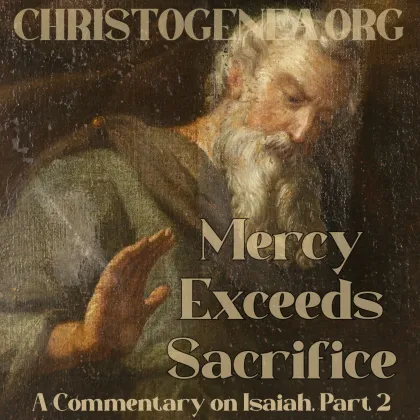




 Please click here for our mailing list sign-up page.
Please click here for our mailing list sign-up page.








Recent comments